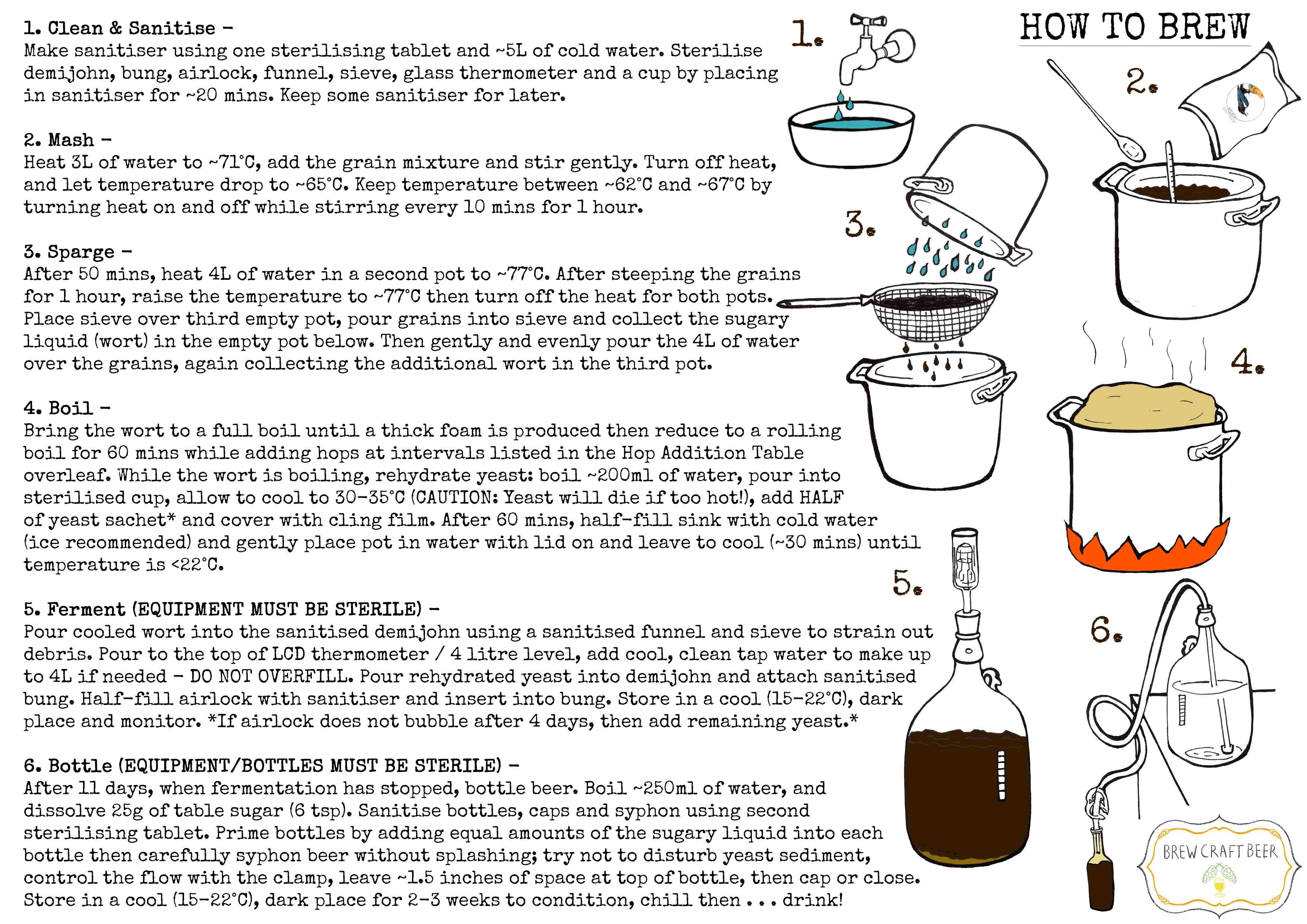I'm making the move from brewing all-grain kits to a "full fledged" recipe Weizen. However, I'm having trouble with some of the details: namely quantities and sparging. Some background: I've been doing small batches (4L) with fermentation on a demijohn. Only done 2 weiss so far. For those 4L, the instructions I had ask for 3L of mash water and 4L for sparging (which I do by slowly pouring the water over the sieved grain). I've found the following 5 gallon recipe which I was intending to follow and convert. My conclusions so far were (please correct me if I'm wrong):
Batch size: 4L. Boil size: 4.9L (amount of wort ready to be boiled). Ratio from 5 gallon to 4L is 5.683 (22.73L to 4L), which I used for converting grain and hops' quantities:
- Wheat malt: 400g
- Pale malt: 320g
- Hops: 2.5g + 2.5g
My first question is, how much sparge water should I use?
I believe the method I've used so far is called partial boil since the (kit) recipe says to add remaining water to fermenter to make up for any loss. How easy it'll be to make it a full boil (as most people seem to consider it "better").

(source: brewcraftbeer.co.uk)
Finally, are my calculations correct?
I guess the hops quantities will have to be adjusted according to the AAU of the hops I get?